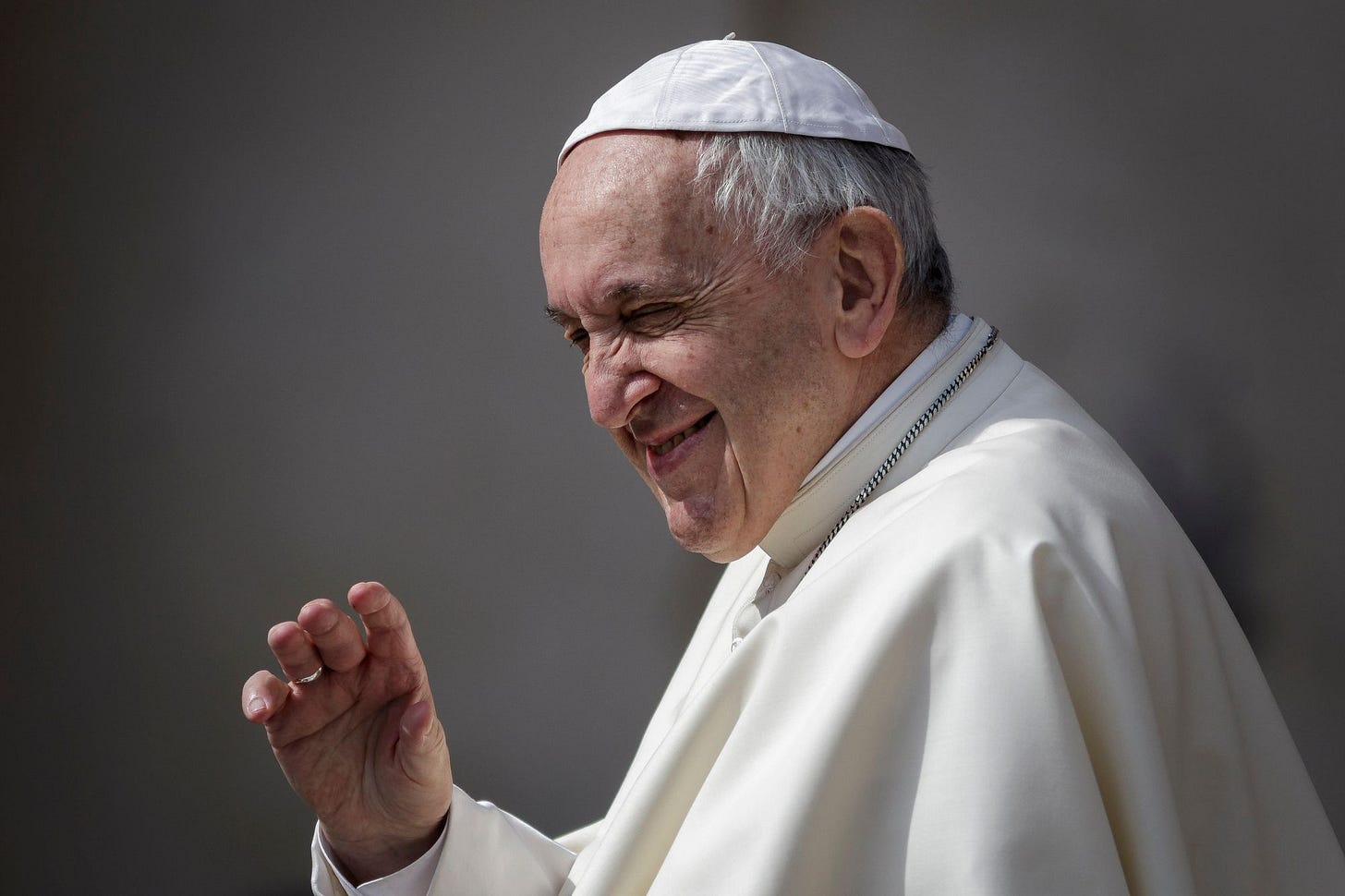
Happy Friday friends,
And a happy feast of Sts. Cornelius and Cyprian, both of whom are remembered by the Church for their third-century defense of the faith, and witness to the Gospel in the face of imperial persecution.
Cyprian, a lawyer from Carthage, survived the persecution of the emperor Decius, but under Valerian found himself first exiled, then ar…
